Expert warns up to 80 per cent of face masks might not meet safety standards
An Australian manufacturer has warned the face mask market is being “flooded” with products that might not do what they are supposed to: prevent Covid-19 spread.
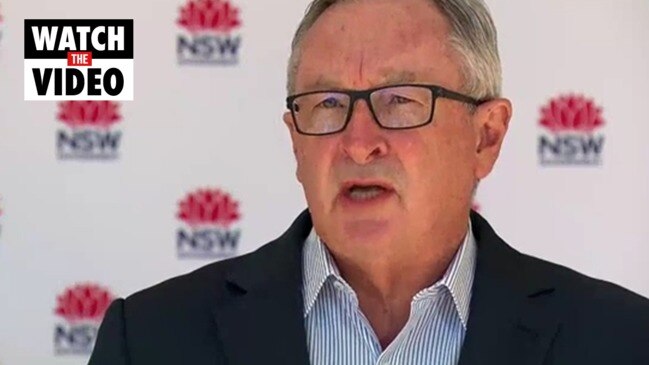
Coronavirus
Don't miss out on the headlines from Coronavirus. Followed categories will be added to My News.
An Australian manufacturer has warned some face masks aren’t as safe as people assume and up to 80 per cent may not stop the spread of Covid-19.
Scott Huntsman, founder and head of All-Cast PPE Supplies, believes the local market is being flooded with inferior products that may help contribute to the spread of the virus than contain it.
Mr Huntsman said some raw materials used to produce face masks were plagued by quality control and mislabelling – and the biggest problem is many don’t have the fluid resistant barrier required to make antiviral safety claims.
He said masks could be legally sold in Australia without Therapeutic Goods Administration approval, but they cannot make unsubstantiated claims that could mislead a consumer, such as being ‘medical grade’, ‘antiviral’, or ‘protects against disease’.
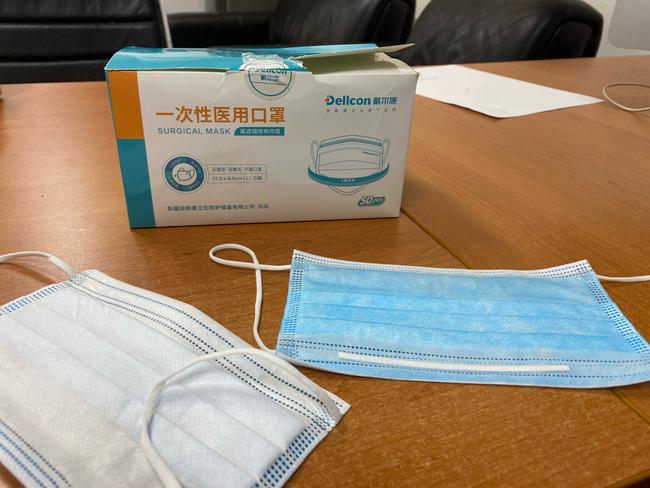
“The problem is that there are products that are slipping through the cracks and posing as legitimate medical grade face masks,” he said.
“The other problem is that people assume that every mask for sale whether it be in a grocery store, chemist or petrol station will protect against the transmission of Covid. Sadly 80 per cent won’t.”
Mr Huntsman said a common claim was the masks were surgical.
“So things that they’re claiming to be, they’re claiming to be surgical…just to circumvent TGA requirements. The whole point of wearing a face masks during pandemics is to not protect you from the virus, but protect you from spreading it.”
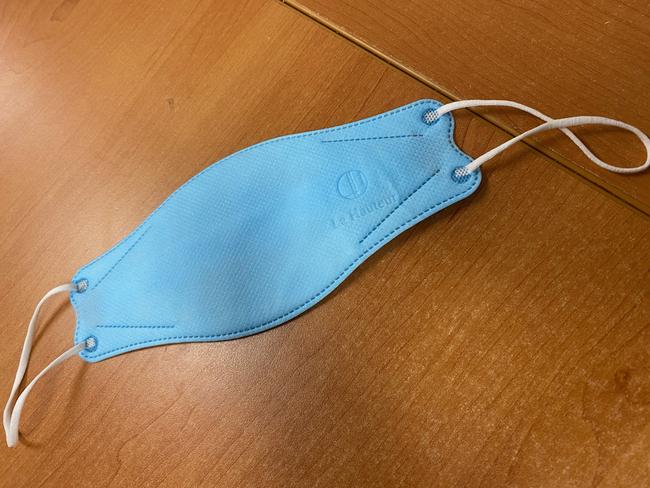
He said NSW Health had received face masks that has since been cancelled from distribution in Australia by the Australian Register of Therapeutic Goods (ARTG).
Mr Huntsman said some surgical masks: “I wouldn’t even give it to my dog to be honest”.
He urged people to check the labels and look at the ARTG.
“Don’t assume just because you purchase a mask or masks from a reputable retailer that the masks are going to prevent the spread of Covid.”
Reusable face masks had popped up “everywhere”.
“They give off the image of it being medically or surgically safe….And most of these things you could put a cup of water through. I think they’re the most dangerous things.”
He called for face masks to be scrutinised.
“I think what they need to do is these suppliers… they should have a history within the medical industry at least, you know, like a year at least. And it should be somewhat verified.”
He said companies had “flooded the market” and results showed his company which produces AS4381-2015 the highest level of protection, came out on top.
“It’s not because we’re better or anything like that. It’s just because we use a thicker material to filter. I think they should be sent samples to be tested before they before they’re approved to import these large amounts of medical equipment - they should be heavily scrutinised. And I think that the TGA process shouldn’t just be a simple clean application fee.
POLL SHOCK REVEALS COMPLACENCY
More than half of Australians have become complacent with mask wearing, with an exclusive national poll revealing just 55 per cent will only wear them if told to by the government.
Only seven per cent wear them when they are sick, while eight per cent will voluntarily wear them on public transport.
A mere 13 per cent choose to wear a mask where they cannot socially distance themselves.
The alarming statistics from a national survey by Canstar comes as the Australian Medical Association called on the federal government to create a national mandatory mask policy.
AMA Vice President Dr Chris Moy said masks should be part of the federal government’s new four-step strategy to allow Australia to open up its borders.
Dr Moy said any mandate must be national to avoid confusion, and accompanied by a public health awareness campaign to educate Australians about the role masks play in reducing the risk of disease transmission.
“The government making mandatory rules is quite critical,” he said.
“They also need to help people understand that living with mask-wearing is another building block to living with the virus and all its variants.”
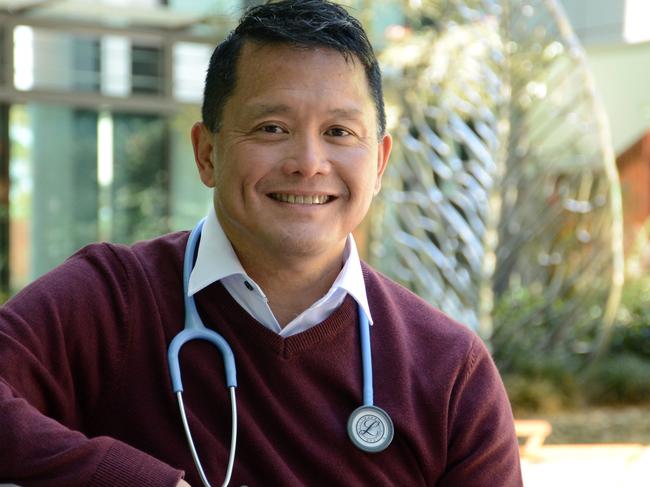
Dr Moy said masks should remain compulsory regardless of lockdowns or outbreaks for anyone who is sick, all commuters on public transport and everyone indoors who are unable to socially distance themselves.
“It would slow down the spread of Covid,” he said.
“It would be so much easier if we mandated it across the board, it would reduce the confusion.”
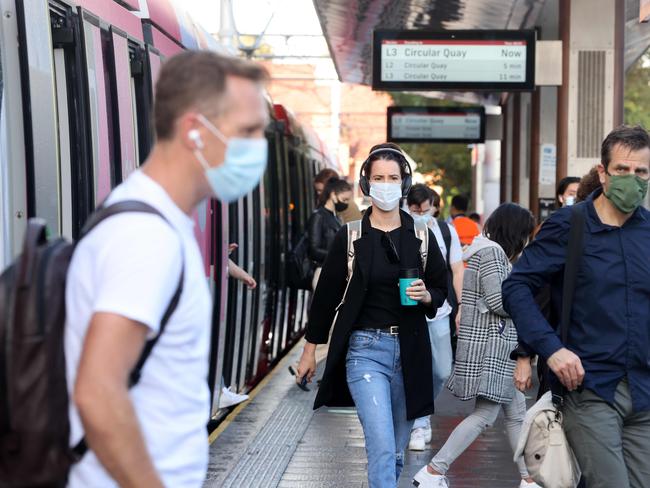
His comments come after an exclusive Canstar survey revealed a bleak outlook on Australians’ mask usage.
In NSW, which is in the middle of a full lockdown, just 48 per cent said they would only wear a mask if mandatory.
NSW Health Minister Brad Hazzard has branded anti-maskers and anti-vaxxers ‘”whackos” and warned they could derail Sydney’s chances of coming out of lockdown by Friday July 9.
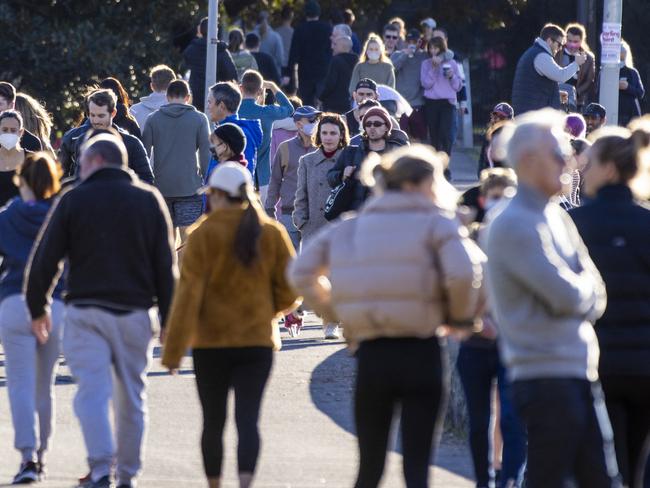
Despite being hit with the toughest restrictions in the country and enduring four lockdowns, 46 per cent of Victorians said they would only wear masks if required.
In Queensland and South Australia, which have had smaller Covid-19 outbreaks, 67 per cent and 61 per cent stated they would only wear a mask if compulsory.
The voluntary use of masks on public transport was down across the states – with five per cent in NSW, four per cent in Victoria, and six per cent in both Queensland and South Australia saying they choose to wear them.
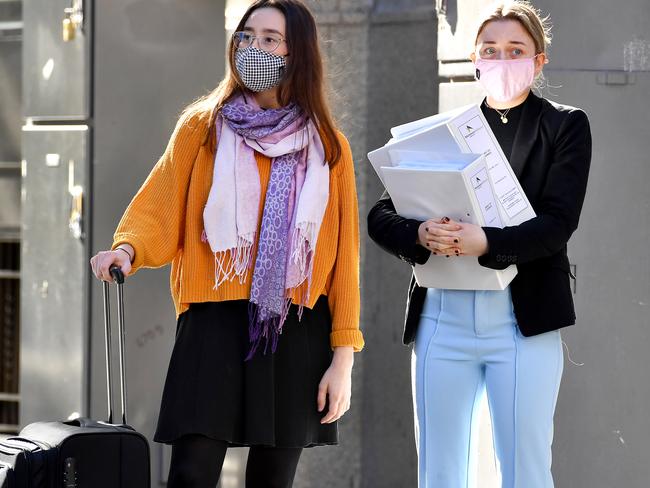
When choosing a mask, convenience was the driving factor for 35 per cent of people overall.
In NSW and Victoria, 42 per cent and 50 per cent opted for surgical masks compared to 31 per cent and 29 per cent who favoured store bought cloth masks.
In Queensland, 47 per cent opted for disposable medical masks, while 29 per cent preferred store bought cloth masks.
In South Australia, 43 per cent chose disposable medical masks, while 33 per cent preferred store bought cloth masks.
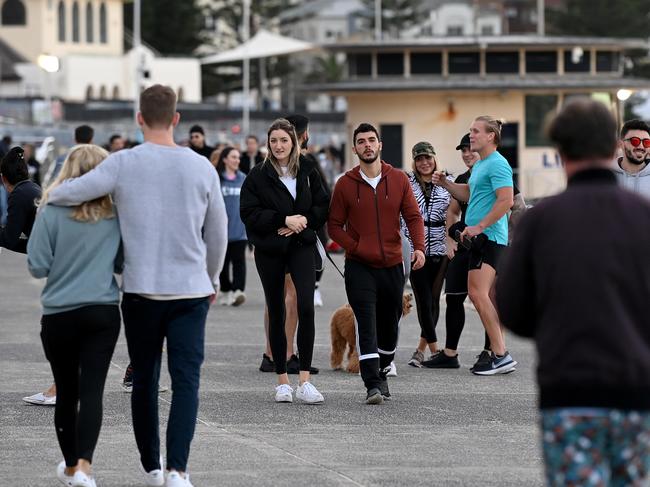
Canstar’s health insurance and finance expert, Steve Mickenbecker said: “Less than one-third of the community cite quality of protection as their primary driver behind their choice of mask, and 38 per cent of people say they would not change to a better quality mask if they found their choice lacked virus protection.”
Dr Moy said there was growing scientific evidence that masks impede Covid-19 transmission, pointing to a journal article in the Proceedings of the National Academy of Sciences of the United States of America (PNAS).
“The preponderance of evidence indicates that mask wearing reduces transmissibility per contact by reducing transmission of infected respiratory particles in both laboratory and clinical contexts. Public mask wearing is most effective at reducing spread of the virus when compliance is high,” the review found.
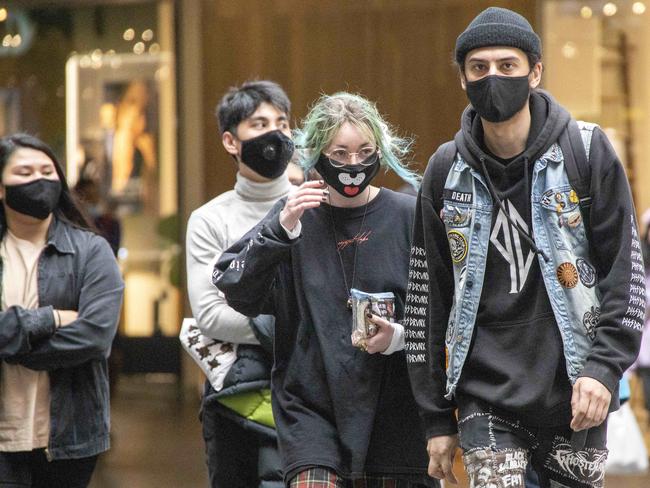
A spokesman for Federal Health Minister Greg Hunt said “all Australians should follow the medical advice”.
“Where it is mandated under state public health orders that advice applies to all affected citizens by law,” he said.
More Coverage
Originally published as Expert warns up to 80 per cent of face masks might not meet safety standards



